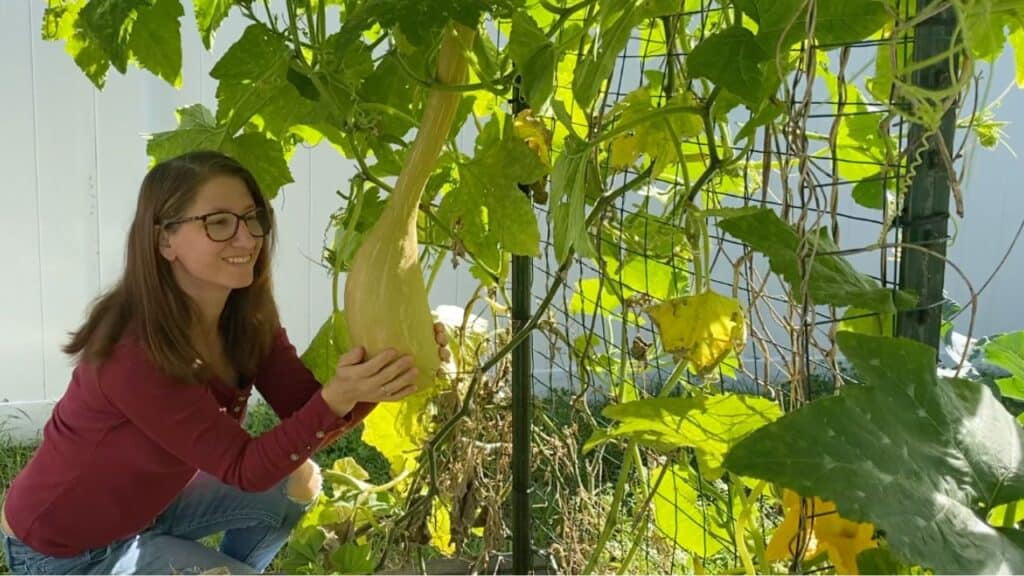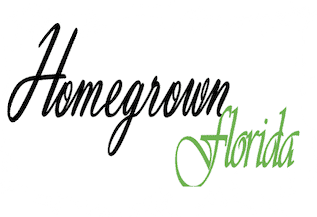Florida’s unique climate offers a gardening experience unlike any other, with distinct planting seasons that align with the state’s subtropical conditions. Here’s a comprehensive guide to the optimal planting times for various vegetables throughout the seasons.
Spring Season: (January – March)
In Florida, spring heralds the arrival of warm temperatures and abundant sunshine, creating an ideal environment for a variety of crops. Here’s a list of vegetables to kickstart your spring garden:

- Beans: Start in March
- Corn: Start in February
- Cucumber: Start in March
- Eggplant: Start in March
- Melons: Start in March
- Peas: Start in January
- Peppers: Start in February
- Potatoes: Start in January
- Tomatoes: Start in February
- Winter and Summer Squash: Start in March
Summer Season: (April – July)
Summer in Florida brings higher temperatures and increased humidity. While some veggies thrive, others benefit from a bit of shade. Consider these summer-loving crops:

- Long Beans: Start in May
- Okra: Start in May
- Peppers: Start in April
- Southern Peas: Start in April
- Sweet Potatoes: Start in May
- Tropical Spinach: Start in April
- Tropical Squash: Start in April
Fall Season: (August – October)
Fall marks a transition period in Florida, bringing relief from the summer heat. It’s an excellent time to plant a variety of vegetables, including:

- Beans: Start in September
- Cucumbers: Start in September
- Eggplant: Start in August
- Onions: Start in September
- Peas: Start in November
- Peppers: Start in August
- Potatoes: Start in October
- Pumpkins: Start in September
- Strawberries: Start in October
- Tomatoes: Start in August
- Winter and Summer Squash: Start in September
Winter Season: (November – January)
Winter in Florida is mild, making it an ideal time for a variety of cool-season crops. Embrace the pleasant weather with these winter vegetables:

- Arugula: Start in October
- Beets: Start in November
- Brussels Sprouts: Start in October
- Cabbage: Start in September
- Carrots: Start in October
- Celery: Start in October
- Chinese Cabbage: Start in September
- Collard: Start in October
- Endive and Escarole: Start in October
- Garlic: Start in December
- Kale: Start in October
- Lettuce: Start in October
- Mustard: Start in September
- Parsnips: Start in October
- Radish: Start in October
- Spinach: Start in November
- Swiss Chard: Start in October
- Turnips: Start in October
Closing Thoughts:
This guide serves as your roadmap to a bountiful year-round garden in Florida. Keep in mind that these suggested planting times are general recommendations, and factors like microclimates and local conditions may influence your gardening success. Happy planting! 🌱🌞

